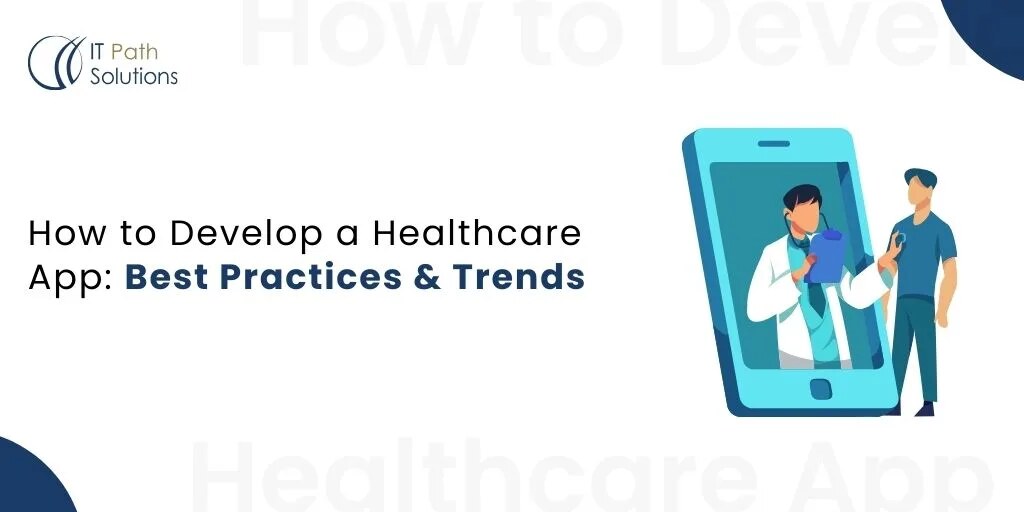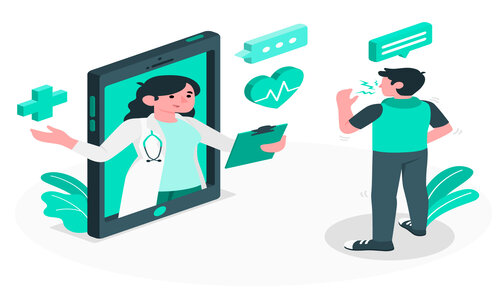
AI in Telemedicine App Development
Telemedicine has come a long way from simply offering video consultations.




© 2024 Crivva - Business Promotion. All rights reserved.